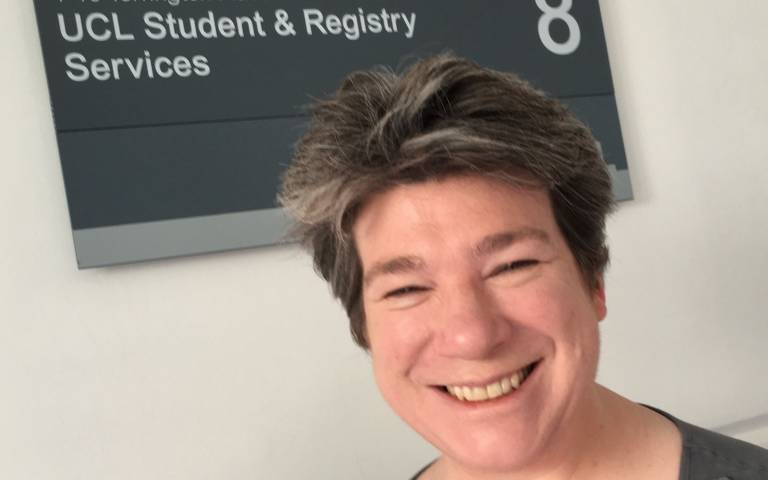Analysis: How to write the best personal statement for university
24 September 2019
Bella Malins, UCL’s head of access and admissions, reveals what she looks for in prospective students.

What are universities looking for?
We are looking for excellent writing and a statement that is unique to you. It is your opportunity to show us passion for your subject and why you are a good fit for our course and university community.
Personal statements are not about what you have done, but what you have got out of each experience. Make your point, evidence it and explain how it has helped your understanding of the subject or improved your key skills.
Demonstrate enthusiasm
You get one personal statement and it needs to be relevant for each course you apply for. Read course descriptions to understand the qualities, skills and experiences necessary. Demonstrate motivation for the subject(s), including what you have done to enhance your knowledge (such as attending talks, reading articles or your own research).
Experiences and achievements
About 75 to 85 per cent of your statement should focus on the subject and your learning, with about 15 to 25 per cent on activities or work experience.
We know that not everyone can secure work experience at a City law firm or in parliament. We are more interested in what you learnt from any opportunity — whether volunteering at your local hospital or attending an exhibition or summer school.
Evidence any “transferable skills” that the course requires, such as teamwork, communication and problem-solving.
Make every word count
You have only 4,000 characters, or roughly 500 words. Be true to your own voice and use vocabulary that you are comfortable with.
Get a second opinion
Ask a teacher, family member or adviser to proofread your statement and look for things you may have missed.
We do read them
Imagine you have 3,000 applications for 100 places. Now imagine that 95 per cent have the grades you are asking for.
Every statement at UCL gets read and there are plenty of programmes where a well-written statement can make the difference. They may even be ranked.
Be truthful
We can see through exaggerated claims and you may be asked to expand on something you have written in interview or at an open day. UCAS also checks each personal statement for plagiarism.
What puts us off?
Clichés and bland statements such as: “Ever since I was a child . . .”; unnecessary quotes; abbreviations; and overuse of the thesaurus.
This article was first published in The Times on 23 September 2019
 Close
Close

